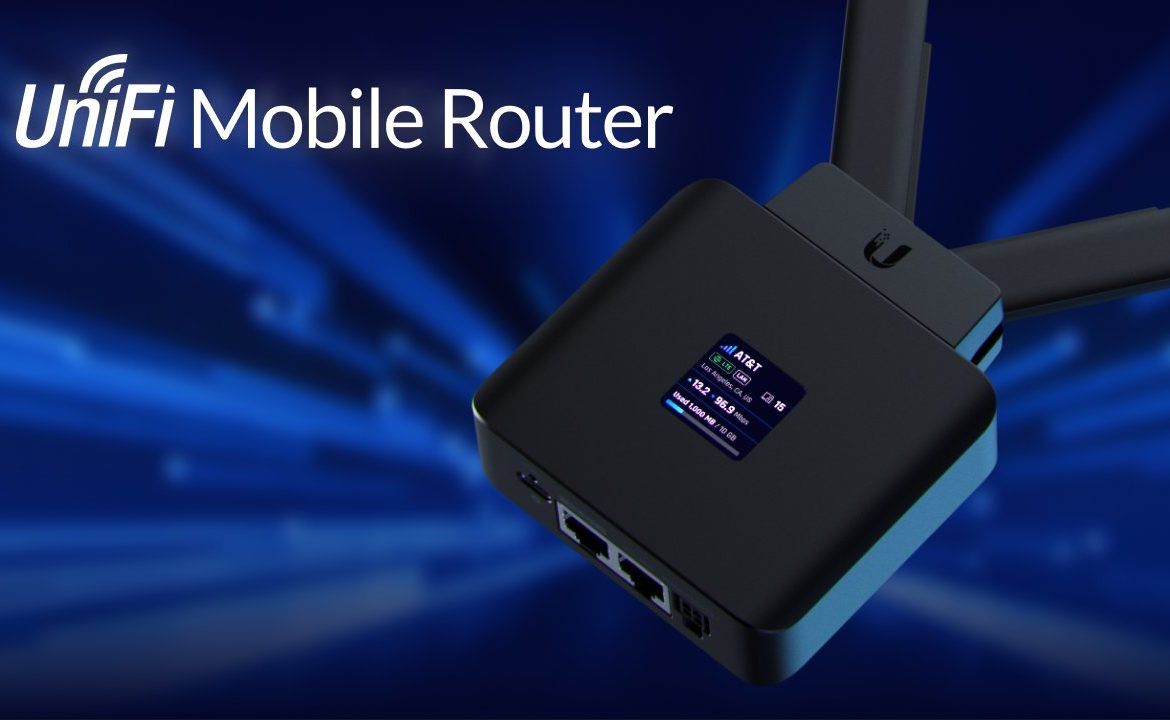Business leaders and decision makers from 160 UK companies were surveyed on their businesses broadband speeds during June 2023 by Neos Networks – 1 in every 5 were found to have broadband speeds that were insufficient.
Furthermore, 42% of those surveyed planned to move to a higher capacity connection during the next two years as part of their key growth plans.
Investment in Connectivity
Over the previous 2 years, 11.2% of respondents who had already invested in connectivity said it had a direct impact on their business profitability.
And it’s not just profitability that’s impacted by good connectivity in business. 98.3% of surveyed businesses said it also impacted:
- Productivity
- Staff retention
- Client collaboration
Why Are Businesses Prioritising Higher Capacity Connectivity?
Why might businesses prioritise higher capacity connectivity? Better performing broadband impacting many parts of the business, including:
- Increased computer power (22.4%)
- Operational development in terms of more data and higher capacity requirements (21.2%)
- Greater device usage for each employee (11.6%)
With the prevalence of AI being used in business, this also influenced decisions to improve and increase connectivity with 1 in 10 businesses actively looking to increase connectivity in order to better integrate AI into their business processes.
What Is The Negative Impact of Insufficient Broadband Speeds in Business?
Poor internet connectivity, speed and/or reliability doesn’t just negatively impact employee productivity and retention, it can also cause businesses to risk losing a customer or client. 55.6% of businesses surveyed felt like they were at risk of losing custom down to poor internet.
Has Project Gigabit Had A Notable Impact on Business Broadband?
The businesses being surveyed were asked if they felt their business had felt a notable impact from Project Gigabit, of which 52.5% said yes.
Project Gigabit is a £5 billion government broadband plan aiming to deliver next-generation gigabit broadband to over a million households and businesses across the UK. You can read about their progress here.
Project Gigabit didn’t actually start to award contracts until August 2022, so it’s possible that the above percentage figure is reflective of respondents including other similar schemes (like the Gigabit voucher and GigaHubs Dark Fibre) or other commercial upgrades to broadband services.
Let’s Focus on the Positives
It’s clear that businesses are seeking high-capacity connections to keep up with new technologies as well as support their employees and customers.
Of course, businesses that are based in more rural areas may well be part of the 1 in 5 businesses without sufficient broadband speeds that need improved network accessibility to achieve better connectivity. Other means of connecting to the internet may be useful, such as mobile internet through the likes of 4G/5G routers or Satellite broadband like Starlink.
But if 1 in 5 businesses don’t have sufficient broadband, that means that 4 in 5 do! Recent data from Think Broadband suggests that only 21% of UK premises are yet to be reached by gigabit-capable broadband. That means 79% of business premises in the UK are covered by a broadband connection that is gigabit-capable.
By 2030, the UK government is hoping to reach their target of having nationwide coverage. Network operators are hoping for more support so that they are able to help businesses with poor connectivity sooner than that.
Rural businesses may be able to improve their connection through AltNet options. AltNet are alternative network providers offering fibre broadband packages. Although smaller in scale, AltNets compete with the UK and England’s big brand internet service providers. AltNets offer their own full fibre connections and don’t rely on the Openreach network and can sometimes offer higher upload speeds in comparison to the major network providers.
This could mean that rural businesses in hard to reach locations could have access to better internet services sooner than the national telecoms provider can offer, giving them next generation speeds like 2.5, 3 and 10 gigabit services across certain networks before national providers have even started trials.
Let’s also remember that even though 1 in 5 businesses are receiving insufficient broadband, that doesn’t necessarily mean they don’t have access to it via other networks. There might be other options to the one they are currently using.
The broadband demands of differing businesses also vary hugely. A graphic design studio or video editing company would need higher speed internet than a takeaway shop that could rely on a slower link.
As always, these types of surveys should be taken with a pinch of salt. Whilst it is undeniable that there are 1 in 5 businesses with insufficient broadband, there should be options for them to explore like mobile broadband and satellite broadband like Starlink.
Can we help your business improve its broadband connection?
If your business is struggling with a poor internet connection, then get in touch with our expert Wi-Fi engineers who will be able to advise if mobile broadband or Starlink satellite broadband could be a viable option for you. Give us a call or drop us an email today and let’s get it sorted.


